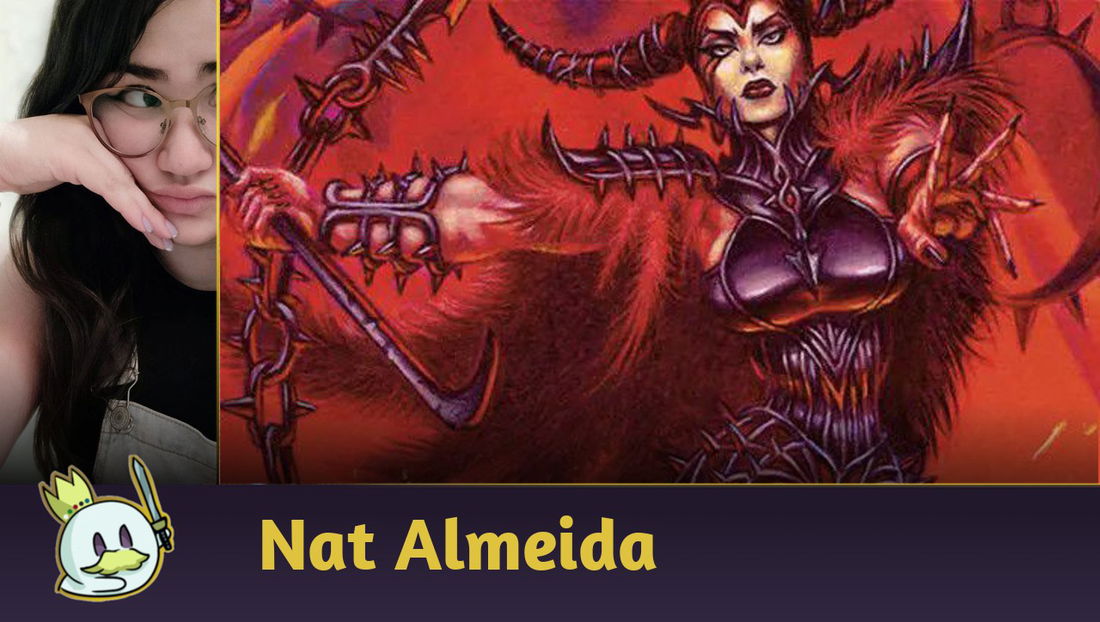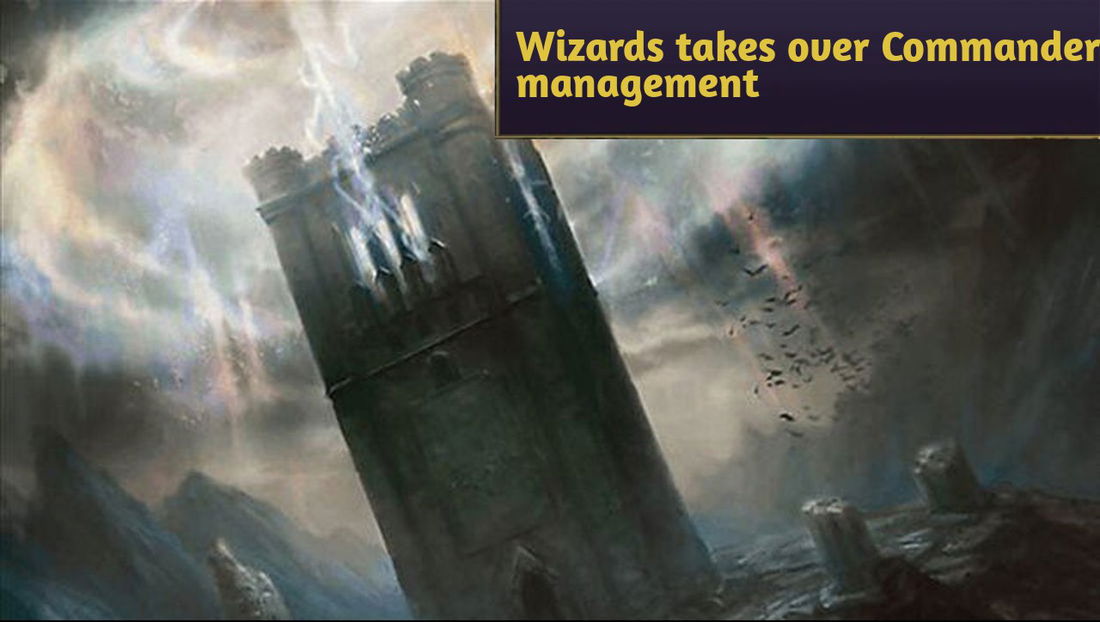Standard is a format full of strange new features. While Duskmourn continues to settle into the Metagame, the last Challenges before launch brought a deck to the Top 4 that you don't usually see every season: Simic Tempo.
With bounces and self-mill effects, this new archetype tries to get the most out of Tolarian Terror and Eddymurk Crab to win the game in a few turns.
In this article, we delve deeper into it to evaluate if it has what it takes to compete in the Standard Metagame!
The Decklist
This is my take on the list ran by Blahh8000 to reach fourth place in the Standard Challenge on September 22 with the addition of Duskmourn cards. Specific changes were made to the Sideboard to address some issues I encountered with the deck in Magic Arena ranked play - specifically that the platform is very Aggro-oriented and Simic Tempo has a clear problem with go wide.
Maindeck

Tolarian Terror and Eddymurk Crab are our graveyard-reliant threats, but they come into play at a very low cost and with relevant abilities. On an empty board, they are capable of finishing the game in four turns, or even in two when they come in multiple copies.
Abhorrent Oculus seems counter-interactive with our plan, but if it stays in play, the amount of value it generates is absurd, and Simic Tempo can mill enough cards to pay for its cost and significantly reduce the mana value of other creatures.
Stormchaser’s Talent provides another front for our deck and a proactive early game plan that allows us to start our clock as early as turn two, and it also interacts positively with almost every other card in the list.

Our mill package. Each has its advantages, but they all have the same goal of digging for a creature or enchantment.
Say its Name gives us the ability to include Altanak, the Thrice-Called as a one-of to fetch in situations where we have three copies of the spell in the graveyard, but Abhorrent Oculus would probably feed on one of them at some point to be worth a slot.

Our interaction.
Bushwhack helps keep the mana flowing even with only 18 lands while dealing with opponents’ creatures alongside Tolarian Terror or another threat.
Into the Flood Maw is the best version of Unsummon we have in Standard today and deals with other permanents, but it doesn’t protect our creatures. That role falls to This Town Ain’t Big Enough, which costs 

Speaking of Up the Beanstalk, it’s our main source of card advantage and interacts with the costs of Tolarian Terror and Eddymurk Crab to generate value.

Our mana base is pretty straightforward, including the two untapped lands we have access to in Standard today and Hedge Maze to fix our mana while feeding our graveyard.
Sideboard

The Filigree Sylex is our best answer against “go wide” Aggro in the format, like Rakdos Lizards, Convoke, and even “go big” archetypes in that spectrum like Gruul Prowess and Boros Mice
Unable to Scream deals with a huge range of creatures: from Atraxa, Grand Unifier to Slickshot Show-Off to Sheoldred, the Apocalypse and other problematic permanents.
Pick Your Poison deals with enchantments for a low cost, while also doubling as a clean answer against Atraxa and Archangel of Wrath.

Get Out is another addition from Duskmourn that fits Simic Tempo as a cheap and efficient counterspell, but also allows us to protect our creatures from removal and sweepers for just two mana.
Negate is a standard answer to a dozen problematic cards in Standard and a must-have in the sideboard for most metagames.
Sideboard Guide
Gruul Prowess
IN

OUT

Dimir Midrange
IN

OUT

Rakdos Lizards
IN

OUT

Domain Ramp
IN

OUT

Boros / Jeskai Convoke
IN

OUT

Orzhov Midrange
IN

OUT

Conclusion
Simic Tempo is definitely a fun deck with a new proposal for Standard, but I believe that its color combination greatly limits the scope it has to deal with several of the most troublesome cards in the current Metagame, especially creatures with powerful ETB effects that generate value for the opponent due to bounces.
In addition, the interpretation of what this strategy tries to do is easy to answer. Cards like Soul-Guide Lantern, Ghost Vacuum or Rest in Peace significantly delay our game plan, or completely invalidate it because this is a deck designed to play with the graveyard.
Still, this is a cheap list (especially on paper) and does not offer many risks to players in the investment if they already have Fast Lands and Pain Lands to, for example, play Pioneer. It is a fun proposal and, perhaps, best used to win daily rewards on MTGArena.
That's all for today! Thanks for reading!














— Kommentare 0
, Reaktionen 1
Sei der erste der kommentiert